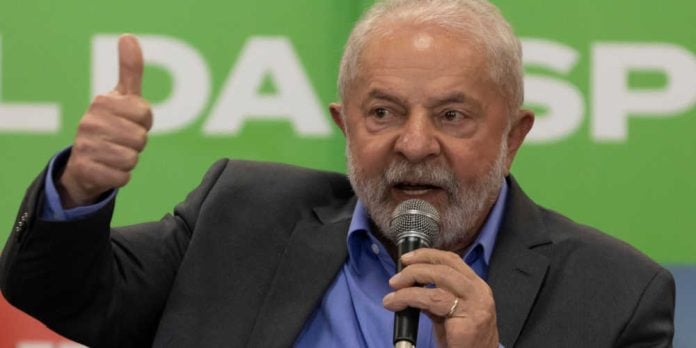In a draft sent to the General Attorney’s Office for the National Treasure, the Brazilian government proposed a 15% tax on GGR under new sports betting rules. This project also sets that each operator would need to pay approximately $5.9m (30m reais) for a gaming license, which would be valid for five years and can be renewed.
As reported by local outlet Poder360, which had access to the document, there is a consensus in the government to set the license fee at $5.9m. However, it still needs to define whether that payment will be in cash or divided into a number of payments. Football teams have great interest in different payments, as it would help them maintain their sponsorship deals.
These numbers are on par with the UK market, which has been closely followed by all interested parties as it’s one of the most experienced industries at a global level.
Although there are ideas about what the licenses will look like, the final details will be shared once the general rules are published through an ordinance.
Brazil is expected to have an approved final text within the next two weeks, after President Lula da Silva and Economy Minister Fernando Haddad’s postponed trip to China and meetings in the Chamber of Deputies’ Finance and Tax Committees.
The soccer teams will be taken into account
Last week, a group of Brazilian Série A soccer teams from Rio de Janeiro and São Paulo issued a statement in which they demanded the authorities to hear them out and let them be part of the discussions on the sports betting regulations.
According to them, it’s essential to participate without intermediaries, such as the Brazilian Football Confederation (CBF), since they are a key part of these operations. As the local media reported, the government is keen on dealing directly with clubs.
Furthermore, the team in charge of setting up the regulations answered to the public demand from the clubs and granted them a meeting, which will take place today (Tuesday 11), although the CBF will have its own meeting on April 13. These meetings are part of the ones that the Prosecutor’s Office will have until the 16 to collect opinions from all interested parties.
The CBF is looking to increase the percentage that it would obtain from betting from 1.63% to 4%. Out of the money received, it would keep 20% of the total, while clubs would receive the remaining 80%.
On the other hand, the clubs are interested in separating the license fees into different payments, as they believe this would allow them to maintain their sponsorship agreements with the sportsbooks. Currently, all teams in the Série A have deals in place, except for one.
These rules also reintroduce Lotex
The instant lottery Lotex would also be contemplated, according to the text of the provisional measure presented last week.
Through Lotex, the government expects to raise more than $985m annually. These numbers are included in Haddad’s sports betting estimates to collect between $2.3bn and $2.9bn annually in taxes.
Caixa Econômica Federal operated Lotex until 2019, when the instant lottery went through an auction, won by the consortium Estrela Instantânea, formed by IGT do Brasil and Scientific Games. However, the consortium eventually terminated the contract due to different reasons, and the business has been paralyzed since then.
The decision to resume Lotex operations comes after the government conducted several studies that showed that Lotex, at the time it was operational, was the second biggest lottery at a global level in terms of revenue.














